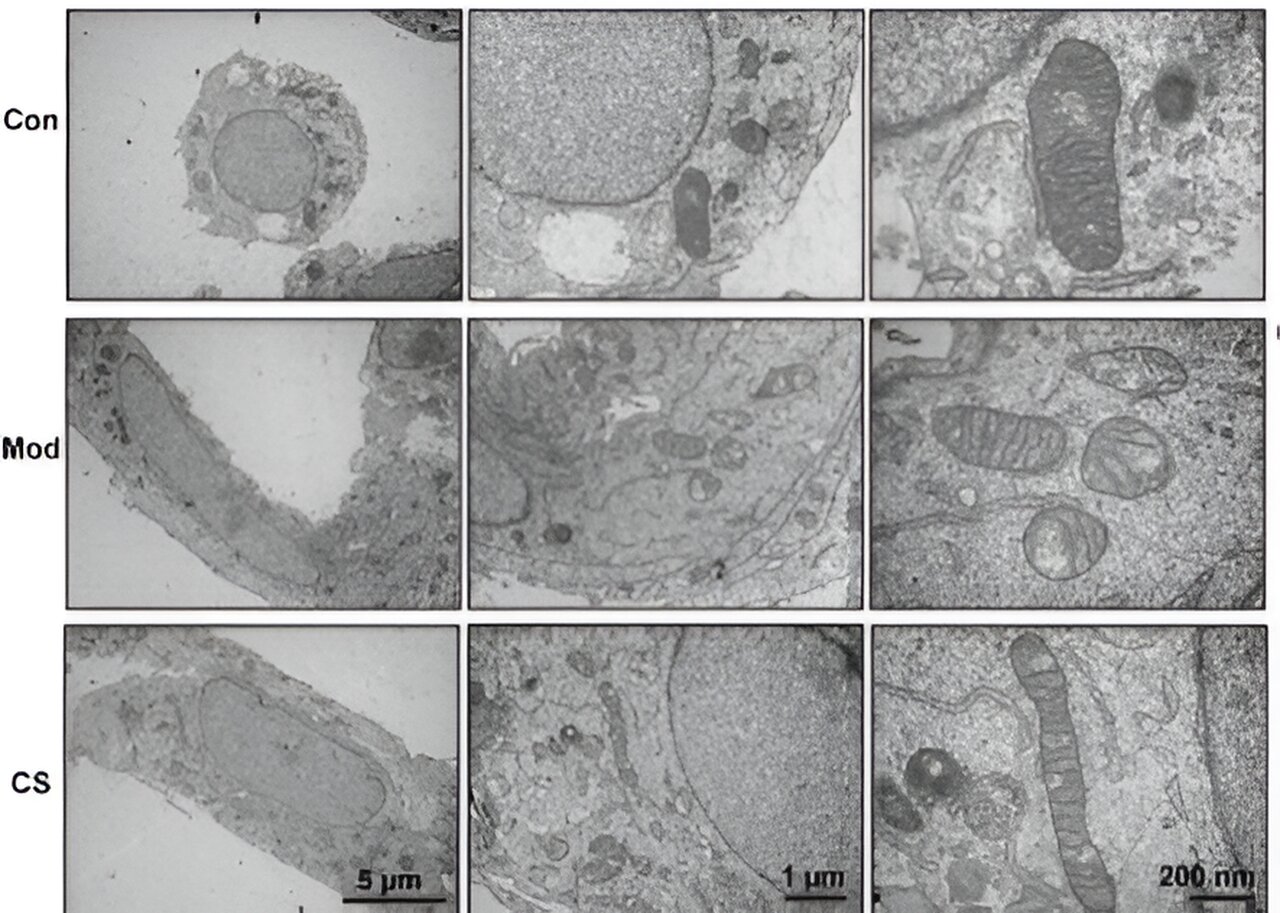A study conducted in China has shown that Cordyceps sinensis (CS), a fungus used in traditional Chinese medicine, can improve idiopathic pulmonary fibrosis (IPF) in mice by targeting oxidative stress in mitochondria. This research, spearheaded by Huan Tang and Jigang Wang at the Institute of Chinese Materia Medica, China Academy of Chinese Medical Sciences, was featured in MedComm-Future Medicine.
Idiopathic pulmonary fibrosis is a severe and progressive lung disease that causes a steady decline in lung function, eventually leading to respiratory failure and significantly lowering the quality of life for patients. Given the median survival of only two to five years after diagnosis, there is an urgent need for more effective treatments than the current anti-fibrotic medications, which often have adverse side effects.

The study demonstrated that CS, which has known antioxidant and anti-inflammatory properties, was effective in reducing pulmonary inflammation and collagen buildup in a mouse model of IPF. This suggests that CS might be beneficial in managing the symptoms and progression of IPF.
Proteomic analysis in the study revealed that the beneficial effects of CS could be due to its ability to regulate mitochondrial oxidative phosphorylation. This indicates a potential protective mechanism of CS against IPF, specifically through the reduction of mitochondrial reactive oxygen species (mitROS) production and the mitigation of oxidative stress and inflammation by targeting mitochondrial complexes I and II.
The research concludes that CS shows promise as a novel therapeutic agent for IPF. The findings were supported by both in vivo and in vitro experiments. However, the researchers note that more studies are necessary to identify the specific components of CS responsible for its therapeutic effects and to fully understand the mechanisms of its action.
